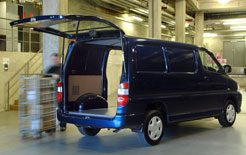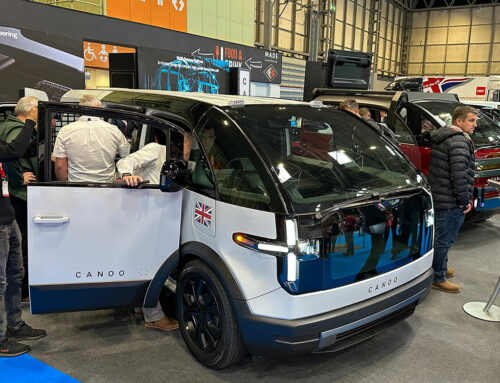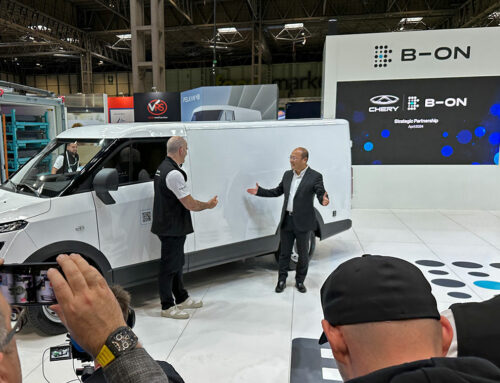
LEZ Phase 3: hit small business deliveries
London Mayor drops emission zone plans for vans
Small businesses operating vans, pick-ups and double cabs in London have won a financial reprieve.
The Mayor of London, Boris Johnson, has suspended the 2010 introduction of Phase 3 of the Low Emission Zone (LEZ).
The LEZ was introduced by the previous mayor, Ken Livingstone, to target the most polluting lorries over 3.5 tonnes, buses and coaches.
Phase 3 was scheduled to start in October 2010. It would have affected much smaller vehicles: vans, pick-ups and minibuses.
Commenting on the decision, the Mayor of London, Boris Johnson, said: “I want to do all I can to ease the burden of the economic downturn. Although the Low Emission Zone has been successful in tackling the worst polluters, it is not the right time to press ahead with extending it to include smaller vehicles like vans and minibuses.
“Many of these will be owned by small businesses, charities, and self-employed Londoners already hard hit by the recession.”
It is estimated that 90,000 non-compliant vehicles use the zone each year. It would have meant small businesses investing in a new vehicle, or equipment to make vans compliant.
Alternatively van operators would have faced £100 daily charges. Or fines of £500 for each day they entered Greater London.
The LEZ was introduced on 04 February 2008 to reduce emissions in the capital.
Gordon Telling, head of policy for London at the Freight Transport Association (FTA) commented:
“City Hall has listened to industry and the FTA and reviewed this unpopular and ill-conceived scheme. The LEZ accomplished very little, mainly because a large number of emission-compliant road vehicles already operate in and around London. Unfortunately the cost to business – and to Londoners – has been far from small.”
The FTA wants London to adopt the Freight Operator Recognition Scheme (FORS). The FTA says it will transform freight delivery in London and reduce emissions by prioritising best practice.
“Perhaps now the
“Perhaps now the carrot and not the stick approach will be adopted to avoid hitting smaller businesses while encouraging the larger companies who operate larger fleets to invest in cleaner vehicles,” Telling added.
Further information
For more on the LEZ, visit ww.tfl.gov.uk/lezlondon





